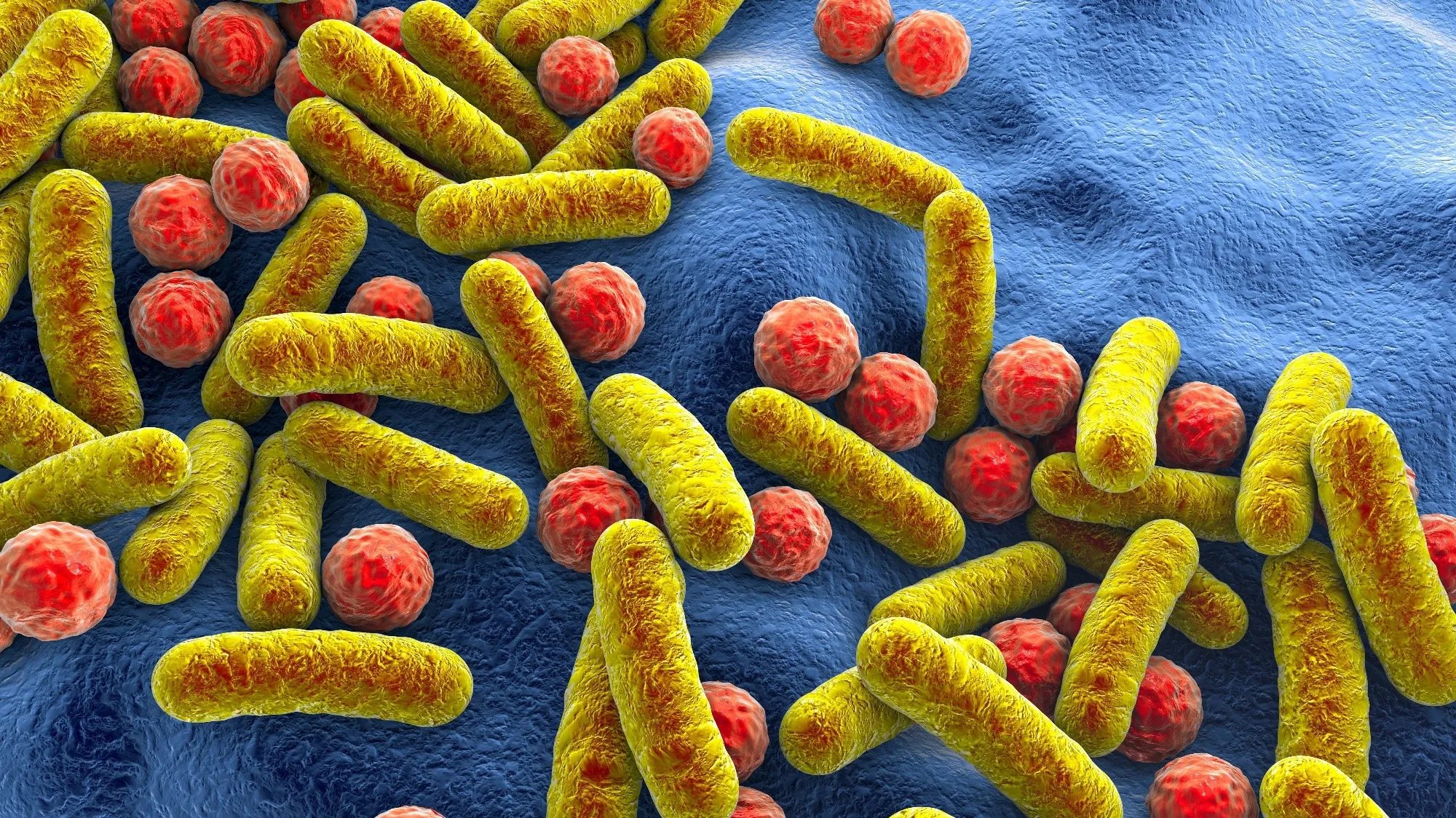Breastfeeding's Vital Role in Microbial Transfer to Very-Low-Birth-Weight Infants

Breastfeeding's Impact on Infant Gut Health
Recent research highlights the crucial link between breastfeeding and the transfer of beneficial bacteria to very-low-birth-weight infants. Researchers discovered that a significant portion—30-40%—of these infants' gut microbiota originates from their mother’s milk. This direct transfer is especially vital in the context of antibiotic treatments that can disrupt gut flora.
Benefits of Probiotics
Alongside breastfeeding, probiotics may offer additional support for gut health in these infants. They work in tandem with maternal milk to fortify the gut microbiome.
Implications for Health
- Necrotizing Enterocolitis: Understanding the microbiome's role in preventing this serious condition is critical for improving neonatal care.
- Sepsis Risk: A healthy gut microbiome contributes to a stronger immune system, which can reduce the risk of sepsis.
Disclaimer: The information provided on this site is for informational purposes only and is not intended as medical advice. We are not responsible for any actions taken based on the content of this site. Always consult a qualified healthcare provider for medical advice, diagnosis, and treatment. We source our news from reputable sources and provide links to the original articles. We do not endorse or assume responsibility for the accuracy of the information contained in external sources.
This article was prepared using information from open sources in accordance with the principles of Ethical Policy. The editorial team is not responsible for absolute accuracy, as it relies on data from the sources referenced.